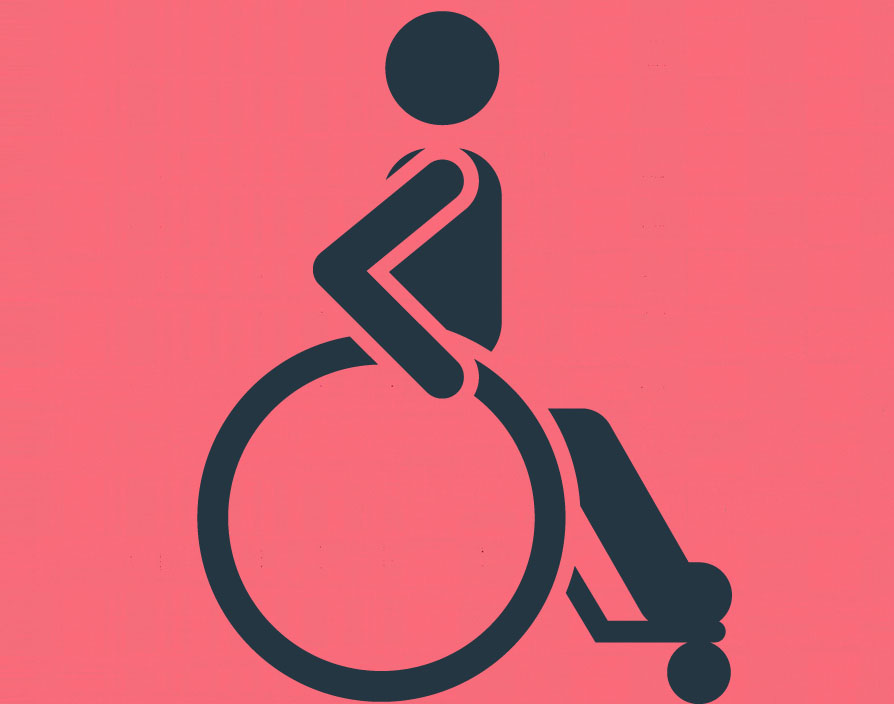Diversity and inclusivity are essentials when it comes to a successful business. Clearly, one of the main attributes for employers is to ensure they hire workers sans any kind of prejudice and focus on the skills rather than age, sex or the colour of their skin. However, research suggests company heads are biased against hiring disabled people and that they’re “overlooked” by employers.
Indeed, many employers continue to harbour archaic attitudes when hiring. Of 515 HR decision makers surveyed by YouGov, 56% said the main reason disabled people don’t get jobs is because they don’t possess the right skills or qualifications. Furthermore, 41% said their company’s board of directors seldom or never discuss disability and 11% believed disabled people should accept lower paid jobs. Shockingly, almost half admitted it’s easier to recruit a non-disabled person over a disabled person.
Additionally, figures released by the National Audit Office revealed that the employment gap between disabled people and non-disabled people in the final quarter of 2018 lags behind by 30 percentage points. This means only 51.5% of disabled people are employed compared to 81.7% non-disabled people.
And this is why, disability equality charity Scope and Virgin Media are urging more businesses to change this attitude by launching the #WorkWithMe pledge which encourage companies to support disabled people and train them at work. And 19 big businesses such as Philips and JCB realise the importance of being inclusive and are already a part of the initiative.
Jonathan Coles, head of HR at Philips UKI, said: “We strongly believe in building inclusive and richly diverse teams that attract the UK’s most sought after talent. This includes encouraging applications from communities that for various reasons might often feel overlooked or sadly, uninvited.”
Commenting on the urgency of the issue, Mark Hodgkinson, chief executive at Scope, said: “Disabled people often get a rough deal getting into and staying in work. Far too many struggle to get into work and too many fall out because they don’t get the support they need to thrive. There is a huge amount of disabled talent and potential waiting for companies to tap into. It’s absolutely scandalous that a quarter of HR decision-makers claim that they have never had a disabled candidate for a job interview and leadership boards often don’t even discuss disability. Both government and businesses have an urgent need to address the disability employment crisis.”
Factor such as disability or a prospective employee being an ex-offender, a veteran or from the LGBT community shouldn’t matter when hiring. And looking at these figures, it takes no expert to see how the UK’s disability unemployment gap must be addressed and that it’s imperative for HR professionals to look beyond stereotypes. Here’s hoping #WorkWithMe and initiatives like the launch of recruitment firm The Ability People can help close the gap. ![]()
Share via:








































